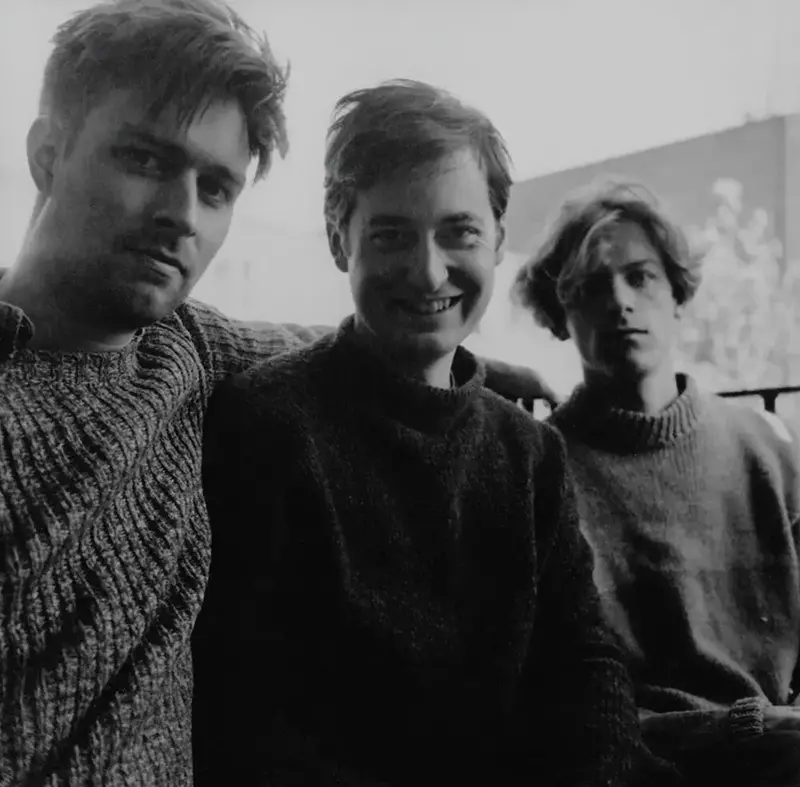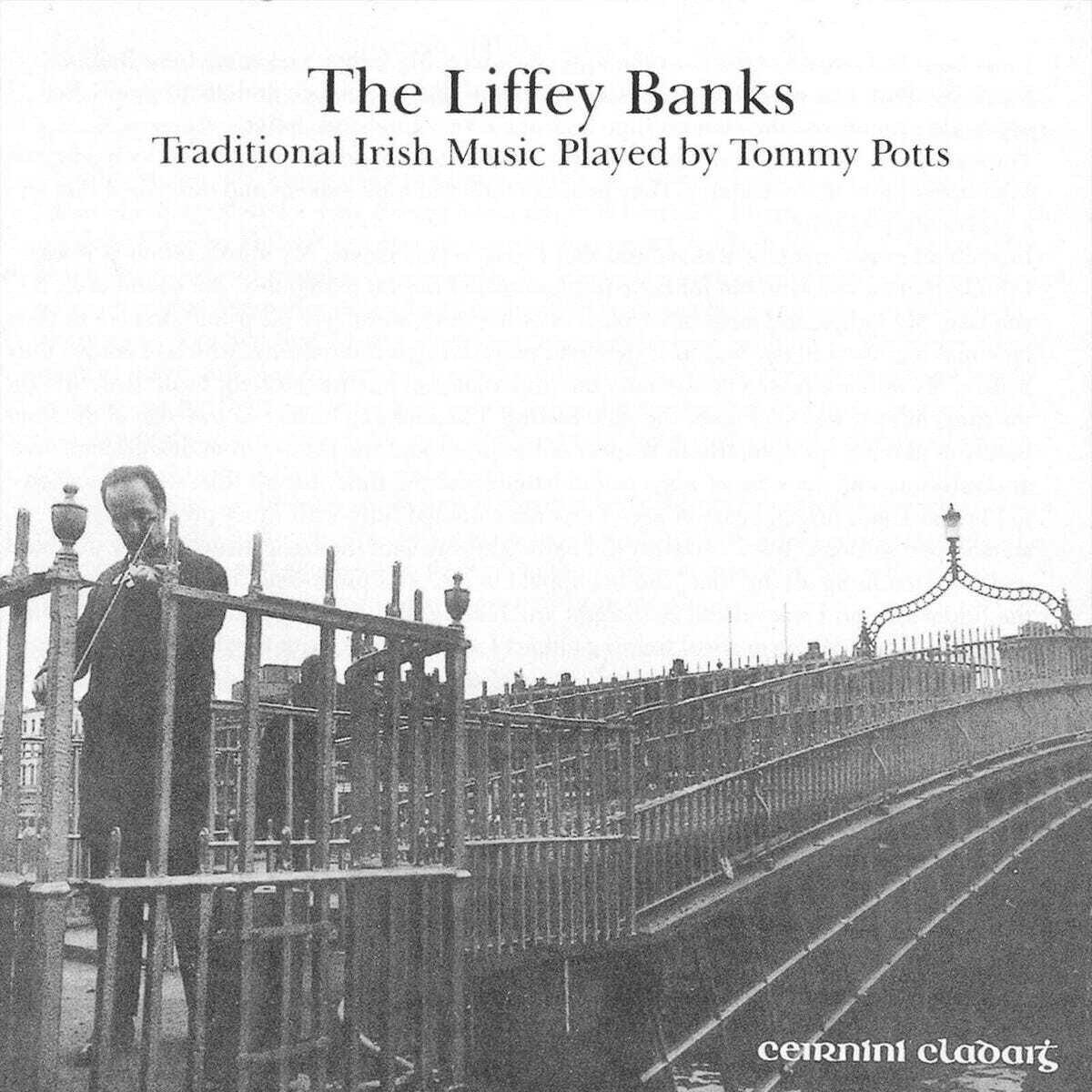Samuel Comerford
Meeting the new researcher

It took a couple of emails back and forth to fix a time and place, but I was finally about to have a chat with our new researcher Samuel Comerford. Having read his doctoral research proposal, I braced myself for some serious academic speak. It took him a mere giggle however (a bit like Mozart in the film Amadeus) to completely disarm me. Finally, the way he pondered every word, as if distrustful of its potential for semantic wizardry, I was left with no doubt. This man is a musician. Inquisitive sure, but foremost a musician. Jazz is what he does, tenor sax being his main instrument, though he’s no slouch on the bass neither and – as he happened to confide to a fellow musician passing by – he recently bought a bass clarinet.
SAMUEL COMERFORD
Frankly, the research is already going on for my whole life. As soon as you start playing, you’re doing it. The way I approach it at least. This project puts part of that research into a more formal context. That’s all.
ONRUST
First time in Waffleland by the way?
SAMUEL COMERFORD
O, no. I studied in Brussels and have been living there for the past ten years. I have a trio there called Thunderblender (Hendrik Lasure on piano & effects, Jens Bouttery on drums & bass synth). I do know Ghent a bit. It has a very open interesting framework to do the work in. The Ghent jazz scene? I guess I know most of the people.
ONRUST
Your project is called ‘Radical variations, primitive forms: The melodic language of Tommie Potts in contemporary jazz’. Should I be very much ashamed to not know him?
SAMUEL COMERFORD
Not really. I spent my earlier years playing traditional music and back then even I didn’t really know him. Mind you, he is a big name in traditional music circles, but he only released one record during his life: The Liffey Banks. And imagine, they got his name wrong on the cover. It says ‘Tommy’ with a ‘y’.

ONRUST
Then – with no shame whatsoever – who is Tommie Potts?
SAMUEL COMERFORD
Potts was born in a piper family. If you’re wondering, that would be the Uilleann Pipe, probably the most advanced bagpipe in Europe, combining drone, regulator (chords) and melody- very hard to master. Anyway, it didn’t exactly fit Tommie very well. He’d forget to breath, he said. So instead, he picked up the fiddle and became, well, pretty good at it.
ONRUST
This I imagine was a time when traditional music was still alive and kicking?
SAMUEL COMERFORD
Not altogether. In the interwar period traditional music had suffered in popularity. The music itself however was very much alive, yes, but only in a very small community. I mean, these people had day jobs, you know. Potts father for instance was a drayman for the Guinness company. Others were traveling musicians. But social gatherings would have always involved music. Not just as a means of diversion. It really made up the core. It was their native tongue.
ONRUST
Yet Potts stood out somehow?
SAMUEL COMERFORD
In an article Lewis Porter described Art Tatum once as a ‘stealth radical’. I believe this can be said about Potts as well, though it’s a little more overt. His approach has parallels with improvisation in jazz. If you listen closely, you’ll find that he deviates from the traditional forms, sometimes even incorporating external elements, such as Chopin’s funeral march. It’s very subtle however. He’d keep it from others. Traditional music can be conservative, like Ireland in general really. Did you know that homosexuality was only decriminalized in 1993? Anyway, experiment wasn’t always met with cheers.
ONRUST
How are you going about your research?
SAMUEL COMERFORD
For starters I’ve transcribed a fair amount of his music. I’m also trying to get my hands on some of his home made recordings. Though, to be honest, I’m not even sure whether that’s worth something. I don’t want to mythologize. Tommie Potts is a musician, a guy who played tunes in a funny way — well, okay, more than that but still. The main objective is to see what I can learn from his approach and whether it may inspire a new way of organizing improvisation. I hope to find that out soon with the Thunderblender trio. Also, Neil Ó Lochlainn & Cuar is a group I play with and is somewhat related to this research. Related but different. Our new album ‘Umhaill’ came out in December.
ONRUST
Let’s have a listen then.


